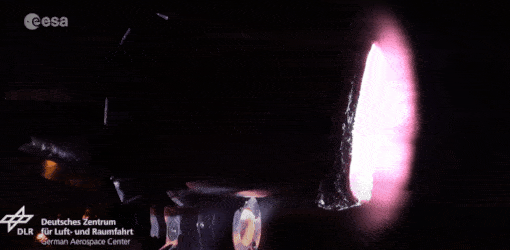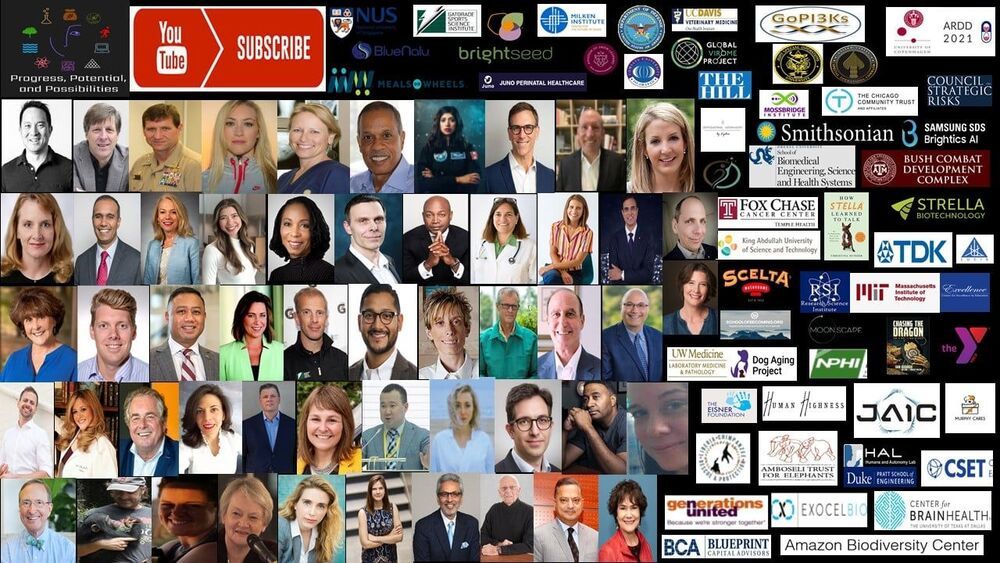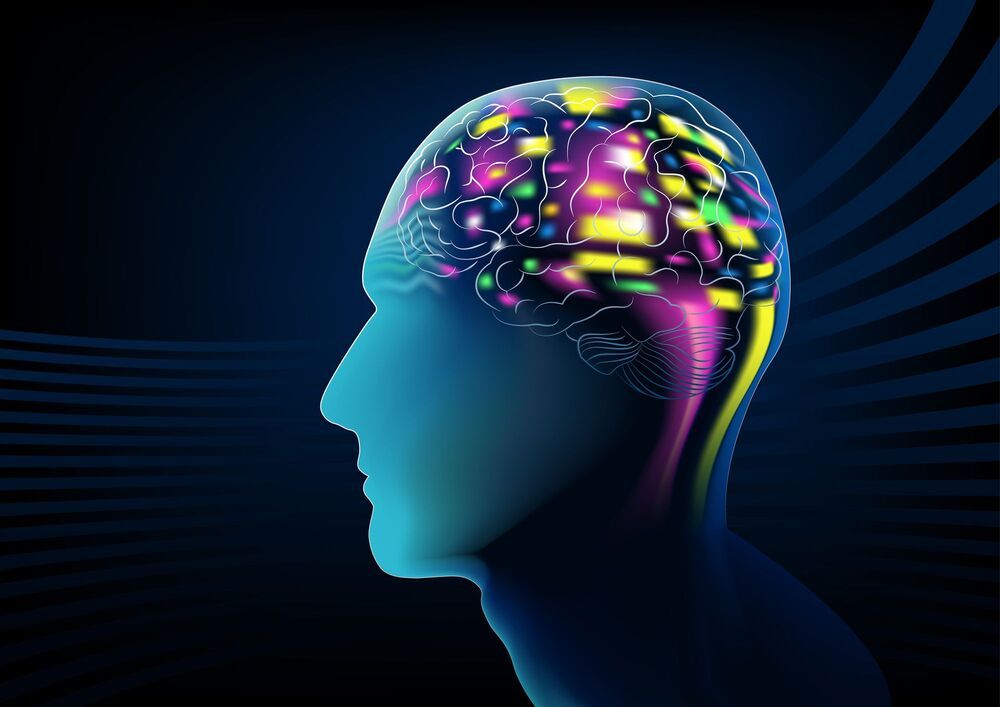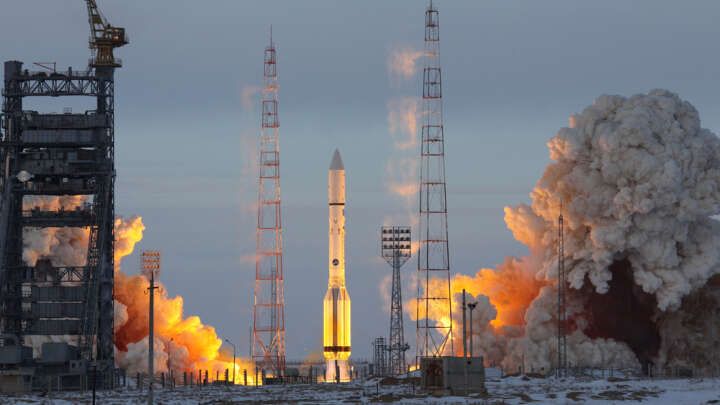Satellite parts that melt away during reentry reduce the risk of space debris impacts on Earth.


Some researchers suspect these bacterial ancestors living within our cells may contribute to a wide range of neurological and psychiatric disorders.
By Diana Kwon.
Long before the earliest animals swam through the water-covered surface of Earth’s ancient past, one of the most important encounters in the history of life took place. A primitive bacterium was engulfed by our oldest ancestor — a solo, free-floating cell. The two fused to form a mutually beneficial relationship that has lasted more than a billion years, with the latter providing a safe, comfortable home and the former becoming a powerhouse, fueling the processes necessary to maintain life.
Hyundai Motor Group said Tuesday that it has officially completed its acquisition of robotics company Boston Dynamics. The deal was announced in December and valued Boston Dynamics at $1.1 billion. The purchase sees Hyundai pick up an 80 percent controlling stake in the company, with the previous owner, Softbank, retaining 20 percent ownership.
The deal will hopefully create a stable home for Boston Dynamics, which has continued to pump out the world’s most impressive robots despite continual ownership changes. The company was spun off from MIT in 1992 and survived for most of its life on DARPA research grants. Google acquired the independent Boston Dynamics in 2013 as part of a brief interest in robotics led by Android co-founder Andy Rubin. Google freed the company from surviving on military contracts, but when Rubin left Google a year later, the executive interest in robotics left with him.
Summary: Combining deep learning algorithms with robotic engineering, researchers have developed a new robot able to combine vision and touch.
Source: EBRAINS / human brain project.
On the new EBRAINS research infrastructure, scientists of the Human Brain Project have connected brain-inspired deep learning to biomimetic robots.

- Progress, Potential, And Possibilities has had another busy month, with another awesome set of guests from academia, industry, and government, all focused on building a better tomorrow — Please come subscribe and enjoy all our current and future guests — Much more to come! # Health # Longevity # Biotech # SpaceExploration # ArtificialIntelligence # NeuroTechnology # RegenerativeMedicine # Sports # Environment # Sustainability # Food # NationalSecurity # Innovation # Future # Futurism # AnimalWelfare # Equity # IraPastor.

I think there is actually a company that makes something similar to this.
The self-balancing bike is a reminder of the incredibly creative projects that students and young recently graduated engineers can come up with — another recent example is an all-electric monowheel built by a group of Duke University students.
In principle, Zhi Jui Jun’s self-balancing bike should work with someone riding it as well, though no one is shown riding it in Jui Jun’s video — the bicycle steering and keeping balance with the added top-heavy weight of a person would be a sight to behold. Stay posted for updates on any “piloted” tests in the future.
Live Eye Surveillance, a Seattle-based company, takes it to the next level and provides security systems to convenience stores like 7-Eleven; it employs “remote supervisors” who are real people sitting miles away behind the surveillance cameras, monitoring all activity captured by the tools.
Employers are using various surveillance technologies to track employee movement and interactions, and now 7-Eleven stores are involved in the game.

Researchers from the New York University School of Medicine have developed a brain implant designed to detect pain sensations in real-time and deliver bursts of pain-relieving stimulation. The device is still deeply experimental but a new proof of concept study demonstrates it working effectively in rodent models.
In the world of brain implants the chasm between science fiction and reality is still quite vast. Apart from some exciting human tests showing paralyzed individuals with implants regaining a sense of touch or controlling computers with their mind, most research in the field is still nascent.
Animal tests have demonstrated incremental technological advances, such as pigs broadcasting neural activity or monkeys playing Pong. Now, an interface that can detect pain signals in one part of the brain and immediately respond with stimulation to another part of the brain targeted to relieve that pain has been developed.

Russia is planning to send a nuclear-powered spacecraft to the grand gas giant of the Solar System, Jupiter, in 2030.
Roscosmos, Russia’s federal space agency, announced the plan for the mammoth 50-month journey last week. The journey will take it on a mini tour of the Solar System, taking pit stops around the Moon and Venus, dropping off spacecraft along its way, before heading on to Jupiter.
More specifically, a “space tug” with a nuclear-based transport and energy module dubbed Zeus will head towards the Moon where a spacecraft will separate from it. It will then pass by Venus to perform a gravity assist maneuver and drop off another spacecraft, before venturing towards Jupiter and one of its satellites.